Keywords: Iraq
There are more than 200 results, only the first 200 are displayed here.
-
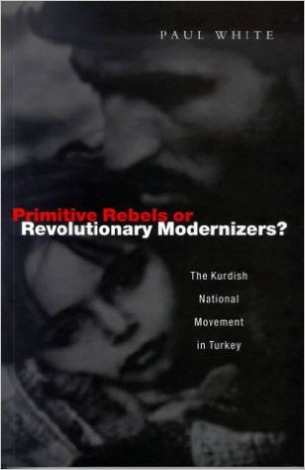
INTERNATIONAL
- Paul White
- 16 October 2015
1 Comment
Last Saturday's bomb blasts in the Turkish capital Ankara, which left 128 dead and some 246 wounded, occurred in the wake of the ruling AK Party's recent electoral defeat and its decision to call a fresh election. Since losing the election, President Erdoğan has effectively dumped a peace deal with the Kurdish nationalist PKK and restarted Ankara's war against the Kurdish people. Dark dies lie ahead for ordinary Turks and Kurds in Turkey until the grip of ultranationalism is broken.
READ MORE 
-
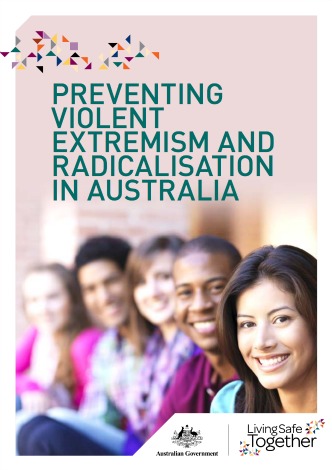
AUSTRALIA
- Andrew Zammit
- 14 October 2015
8 Comments
In September Sydney's Daily Telegraph ran the headline 'Schoolyard Terror Blitz', reporting that 'schoolteachers will be given access to radicalisation information awareness kits explaining how to identify students at risk and what they should do to intervene as concerns grow about the rise of teen terrorists'. As the government prepares to address the involvement of schoolchildren in violent extremism, a controversial program in the UK shows a dangerous path that Australia must avoid.
READ MORE 
-
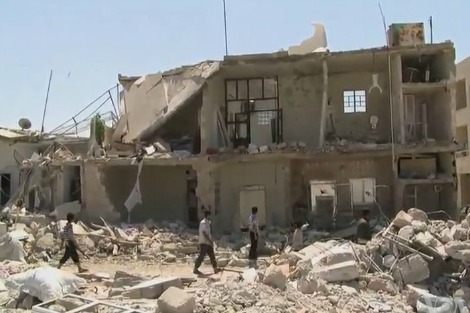
INTERNATIONAL
- Justin Glyn
- 06 October 2015
6 Comments
The Syrian government are no angels, and any more bombing raids on an already heavily bombed and traumatised population is unlikely to improve the situation for civilians. However, the American claim that the Russians have a poor record in this respect smacks of hypocrisy, given the US's admitted destruction last week of a Médecins Sans Frontières hospital in Afghanistan at the cost of 22 lives. Moscow's policy at least has the merits of legality, intelligibility and consistency.
READ MORE 
-

EUREKA STREET TV
- Peter Kirkwood
- 30 September 2015
1 Comment
'They are people. They are not sheep for slaughter. They deserve to be treated like a human. And that's what Europe stands for.' Born and raised in Syria, Fr Rahal Dergham now serves as chaplain to Syrian and Iraqi Catholic Migrants in the Archdiocese of Sydney. In this interview he speaks about what Australia and the broader international community should be doing to address the present refugee crisis, the persecution of Syrian Christians, and the troubled relations between Syrian Muslims and Christians.
READ MORE 
-

AUSTRALIA
- Fatima Measham
- 18 September 2015
5 Comments
French satirical magazine Charlie Hebdo has stirred controversy over cartoons depicting Aylan Kurdi. Superficially it appears this is about the bounds of propriety, but the hard truth is that body of a three-year old refugee cannot be a holy relic that is untouchable. What is the point of being miserable over things we cannot control?
READ MORE 
-
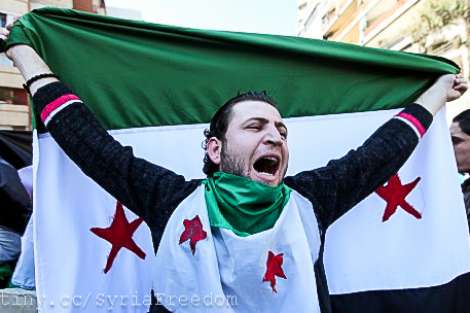
AUSTRALIA
- Kerry Murphy
- 09 September 2015
8 Comments
The Kosovar solution is not a good one. In 1999, 4000 Kosovars were brought to Australia on a TSHV initially for three months but what turned out being several years. Legislative bars were created to prevent them from applying for any other visa whilst here, including protection visas. If we just hand out temporary visas to the Syrians, they will be in limbo and their ability to resettle and contribute to their new country is diminished.
READ MORE 
-

- Frank Brennan
- 01 September 2015
1 Comment
If you want to form government in Australia and if you want to lead the Australian people to be more generous, making more places available for refugees to resettle permanently in Australia, you first have to stop the boats. If you want to restore some equity to the means of choosing only some tens of thousands of refugees per annum for permanent residence in Australia from the tens of millions of people displaced in the world, you need to secure the borders. The untrendy truth is that not all asylum seekers have the right to enter Australia but that those who are in direct flight from persecution whether that be in Sri Lanka or Indonesia do, and that it is possible fairly readily (and even on the high seas) to draw a distinction between those in direct flight and those engaged in secondary movement understandably dissatisfied with the level of protection and the transparency of processing in transit countries such as Malaysia and Indonesia. The popular evil is that political
READ MORE
-
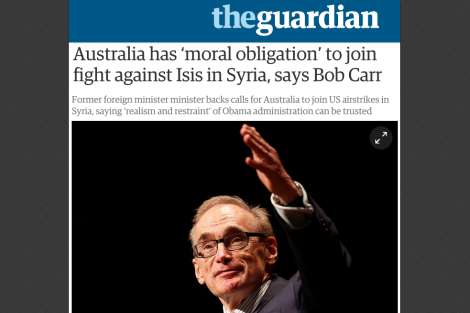
INTERNATIONAL
- Justin Glyn
- 28 August 2015
18 Comments
One would think after the disastrous interventions in Iraq and Libya that Australians would have learned to be just a little bit suspicious when the US Government suggests another Middle East war, or when a politician urges — as Bob Carr and Tony Blair have — that we have a 'moral obligation' to join the legally dubious US bombing mission in Syria.
READ MORE 
-

MEDIA
- Jeff Sparrow
- 26 August 2015
15 Comments
The media has greeted the infidelity website leak with unabashed glee. We could instead ask why so many ordinary people are seemingly so discontented with their marriages, and what might be done to alleviate the wretchedness both of those who cheat and those who don't.
READ MORE 
-
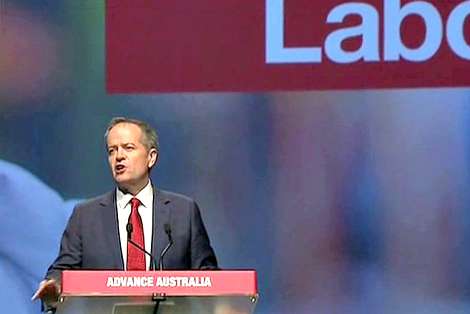
AUSTRALIA
- Kerry Murphy
- 28 July 2015
35 Comments
When refugee advocates criticise harsh policies such as boat turnbacks, they are confronted with claims that the measures are necessary for saving lives at sea. This justification has dominated the debate to the extent that any policy which further restricts refugee rights becomes justifiable on this ground. Imagine a proposal to ban cars because there were too many people killed and injured on the roads.
READ MORE 
-

ARTS AND CULTURE
- Brian Matthews
- 24 July 2015
8 Comments
They are ‘coming to get us’, warns our Prime Minister, adapting the ‘bogey man’ mode of our childhood fears to the contemporary narrative of terrorism and violence. The effect of related intrusions on our daily lives is being gradually dulled. The neoliberal dispensation under which we now live both relies on, and encourages, new episodes of normalisation that go far beyond what we've known in the past.
READ MORE 
-
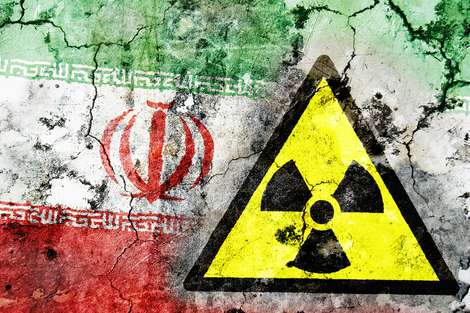
INTERNATIONAL
- Shahram Akbarzadeh
- 24 July 2015
2 Comments
Iran’s nuclear deal with the UN represents a major breakthrough that could lead to more peace and stability in the region, despite what the critics say. Its policy towards Islamic State is actually much closer to that of the US and the UK than any other country in the region. Convergence of interest against this common enemy could open other doors of dialogue with the West and start a relationship that is no longer hostage to the nuclear issue.
READ MORE 